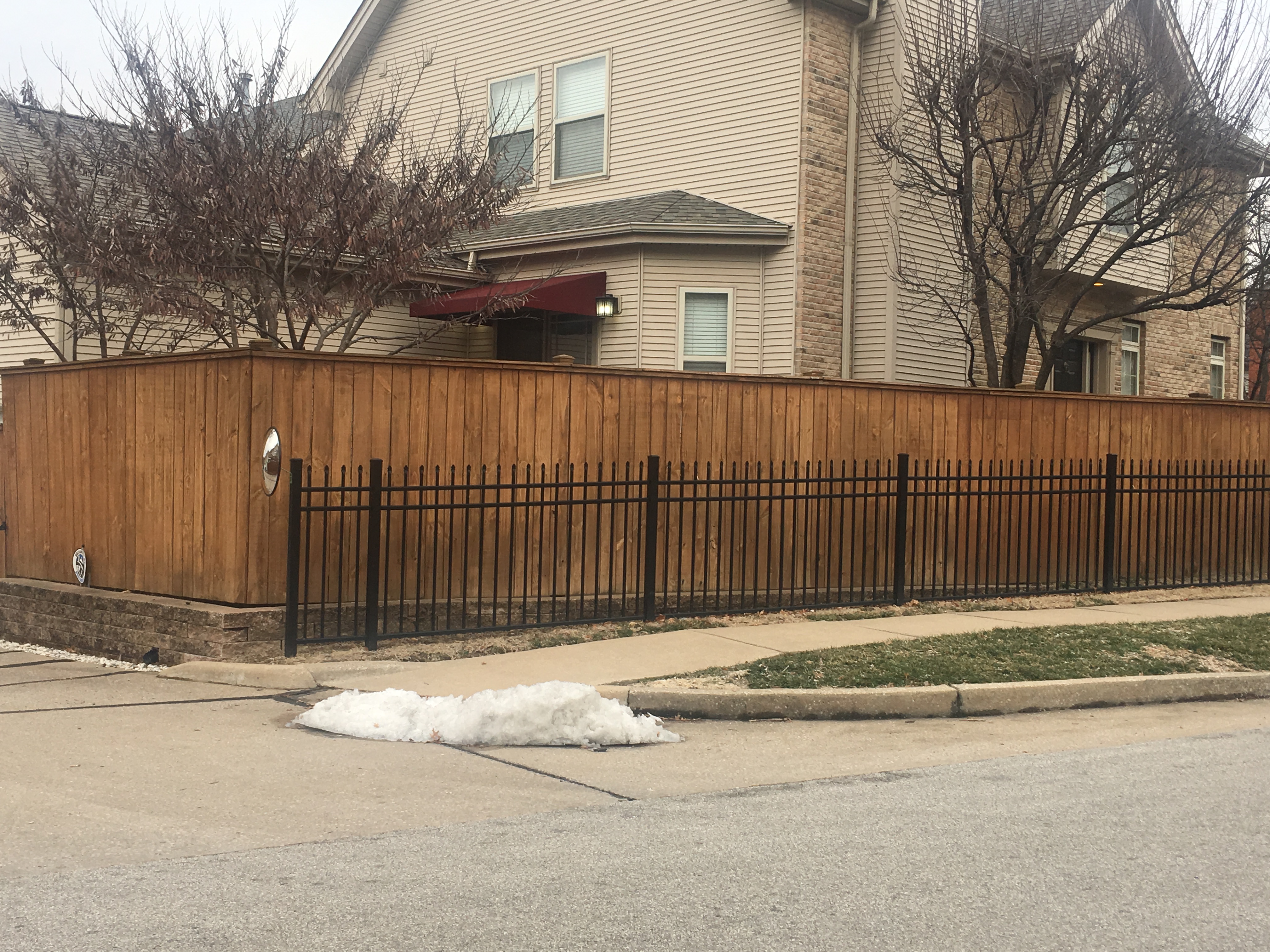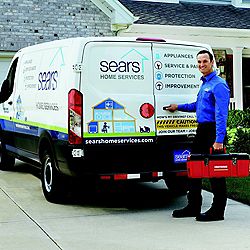Fences improve your property value and curb appeal. If you are “sitting on the fence” trying to decide whether you should invest in a new fence for your property, it pays to spend time weighing the pros and cons against the cost of your investment. In the long run, installing a new fence system gives you peace of mind and it boosts your curb appeal rating. That’s a winning combination.
Securing the safety of your property, family, and pets is priceless. Children and pets need to be safe. Keeping intruders off of your property is important to your family’s safety. If you are good with DIY home repair projects, you might be able to install a fence system without professional help which will save a lot of money.
However, for the best return on your investment (ROI), leave the job to someone who is experienced with installing fence systems such as a licensed fence installation company. Choose a fence style and type and gather estimates. Check for references and ensure that the chosen company presents a valid contract with the terms of the job. Check on their reputation, their license, business references, and their online reviews. Avoid disreputable fence installation contractors. You get what you pay for, before you pay money to a fence installation company, protect your investment and check all of the contract’s details. Ensure the contract is what you are expecting as discussed with the company. Sign the contract only if you are sure you will receive a valid deal.
The most common types of fence material installed are wood and chain-link fences. Each type of fence requires maintenance. Some fence types will last for many years in any type of climate and others will last only a short time. Before your final purchase, research to ensure the fence you have chosen is suited for your property, inclement weather, and check the warranty before you sign on the dotted line.
Aluminum, wood, wrought iron, ornamental metal, vinyl (PVC), steel chain-link, and chain-link vinyl-coated are all widely used residential fence materials. Electric (invisible fence), bamboo and high tensile (farm), picket fence (vinyl and wood), deer fencing (plastic), and composite fencing material (engineered wood/vinyl) represent unique choices of fence type and style. Privacy, picket, pool, deer, split rail, front yard (picket, wrought iron, chain-link), backyard (privacy/stockade fence), and security fences are very popular choices.
If you are planning to install a new fence system, study up on fence terminology:
Aluminum, barbed wire, cedar batten boards, chain-link, curved top, custom ornamental iron, decorative rings, extended top, finials, flat top, galvanized steel, gauge, good-neighbor fence, grade change, horizontal picket fence, lattice, pickets, posts, post caps, prefabricated iron panels, press point, pressure-treated wood, privacy slats, rackable panels, rails, ranch style fence, razor ribbon, rot board, salt spray, scalloped cedar fence, shadow box, stain, steel chain-link, stockade panel, treated pine, underpinning, vinyl-coated, western red cedar, windscreen, wood grade, and wrought iron. Not a complete list, there are hundreds more terms and hardware that go with installing a new fence system. Research online to find more fence hardware terminology.


